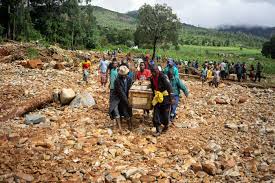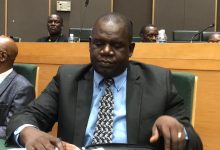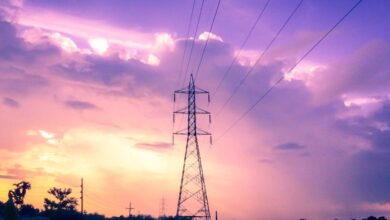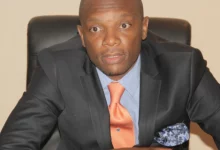Advocacy Group Calls for Government Action on Cyclone Idai Victims’ Rights

By Staff Reporter
The Network for Environment and Climate Justice (NECJ) is urging the government and development partners to safeguard the human rights of Cyclone Idai victims, addressing the aftermath of the devastating cyclone that struck Chimanimani District in 2019, leaving 279 individuals missing.
In a recent statement, NECJ emphasized the importance of advancing civil and political rights in the aftermath of natural disasters.
The advocacy group stressed the necessity for the government and partners to empower affected communities with the capacity to adapt to climate change, especially those most vulnerable.
NECJ called for the allocation of resources to realize social, economic, and cultural rights.
International cooperation, according to NECJ, is vital to mobilize maximum resources for economic, social, and cultural rights, as well as the advancement of civil and political rights and the right to development.
Post-Cyclone Idai, NECJ emphasized the need for equity in mitigating and adapting to climate change impacts, ensuring benefits for people in vulnerable situations and future generations.
Gender equality, along with the protection of the rights of children, older persons, and others in vulnerable situations, should be integral to these efforts.
The advocacy group implored the government to ensure informed participation in climate change and related disasters, emphasizing the importance of making early-warning information accessible to all sectors of society in the Chimanimani community.
NECJ highlighted that adaptation and mitigation plans should be transparently financed and developed in consultation with the affected community, aligning with the concept of community solutions to community problems.
Strengthening disaster preparedness and management is crucial, necessitating the devolution of resources, both financial and human, for area-centered responses.
The government was urged to mainstream climate change in all policies, collaborating with civil society organizations, traditional leaders, and local communities to raise awareness.
NECJ stressed the core role of human rights and social justice in addressing climate change and its related disasters, emphasizing the importance of recognizing traditional leaders in climate change adaptation, mitigation, and information dissemination.
The restoration of livelihoods and regular counseling sessions for affected families were also deemed equally important by NECJ.









